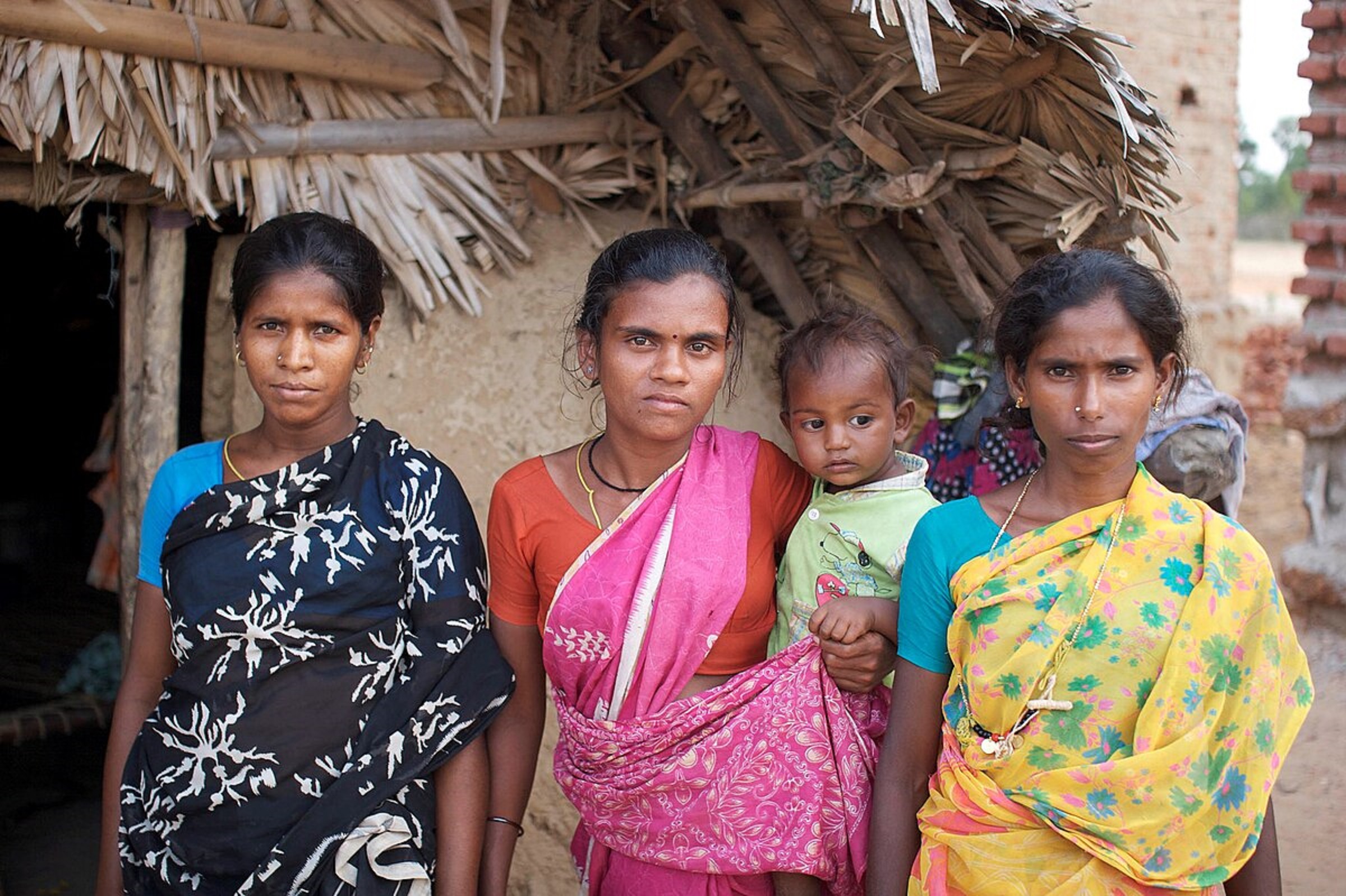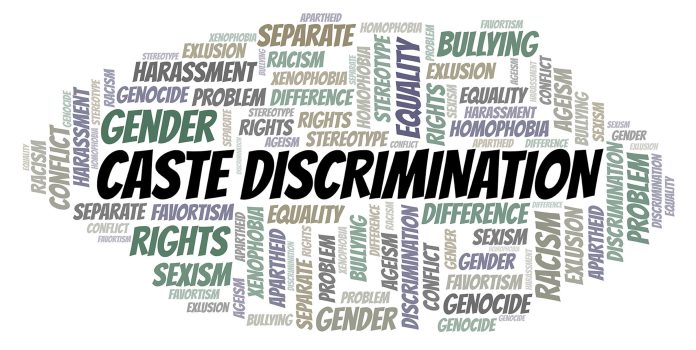- One of the most prevalent peculiarities in India’s otherwise glorious history riding on the acknowledged culture, tradition, and heritage is the widespread caste discrimination followed by an extremely class-conscious society. The practice has been sustained since time immemorial even as humankind underwent tremendous alterations over the millenniums. The present-day world is considered the most advanced yet with amazing inventions, innovations, developments, and amazing growths on the back of some of the most cutting-edge technologies introduced by relentless human pursuits. However, certain deeply embedded belief systems like caste and class considerations haven’t been discarded despite the country moving ahead on several fronts.

PC: Dalit studies
- Yes, India is the fifth largest economy in the world and the aspirational country is aiming to break into the top three in the next few years. Sadly, the vice of caste discrimination remains fully entrenched even now leading to not only clashes between the various groups but also showcasing the ugly side of the country which should not have any place in the present-day world. Despite laws introduced to safeguard the historically oppressed class of people, caste discrimination prevalent is a fact that emerges sporadically to show its ugly head. Look not far than an unauthorized bar on temple entry for Dalits that is not only one of the worst forms of caste discrimination but also makes any responsible citizen of the country feel utterly embarrassed.
- Unfortunately, politics and politicians often feed from this irrational practice. The moot point to ponder over here is how much it takes to eliminate discriminatory casteist traditions. Tamil Nadu is known for its big socio-religious movements against such discrimination, opening the gates of temples for equal worship was law here even before independence, and government management of temples is supposed to be a further guarantee of this. Yes, recently when Dalit families entered the Mariamman temple in Chellankuppam village after being kept out for over 100 years, the news had a ring of familiarity. And as in several other such cases, the Dalit’s entry took place under the protection of a strong police contingent.

PC: PTI
- Of course, aggressive resistance to allowing Dalits’ temple entry is reported from other states too. What makes comparisons difficult is that less reporting from states may reflect weaker Dalit mobilization there. Indeed, activists insist that exclusion remains prevalent in several villages across the country. Sadly, within Dalits too exclusion of lower sub-castes on occasions like the inauguration of a temple widely prevails at 79%. Why does the discrimination continue unabated? Simply because caste is now more politicized than ever before. The Dravidian ideal of overcoming caste discrimination has been translated into the electoral consolidation of dominant and intermediary castes. And shriller caste pride diminishes the ethos of equality.






